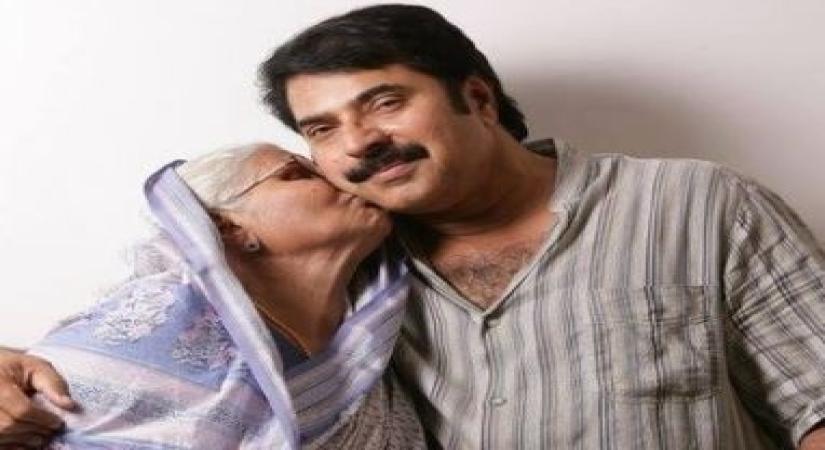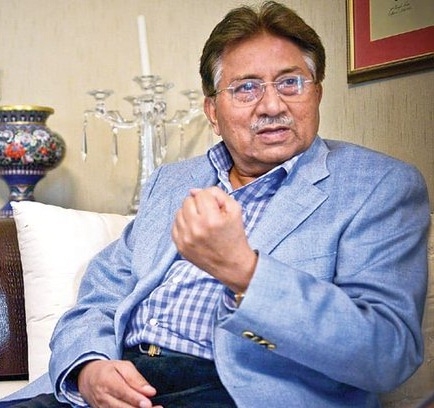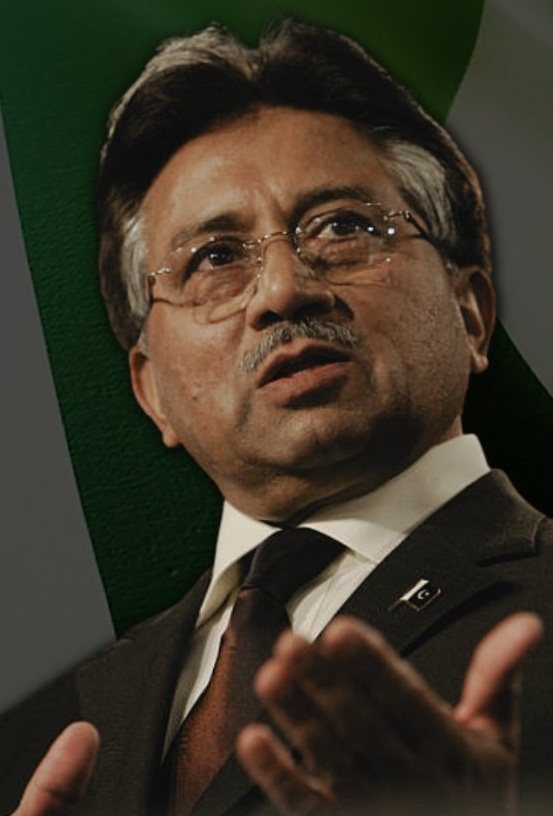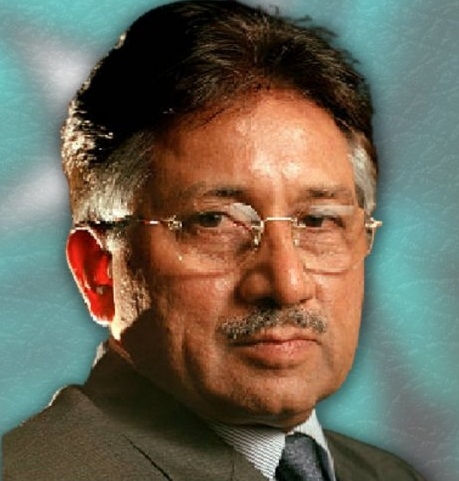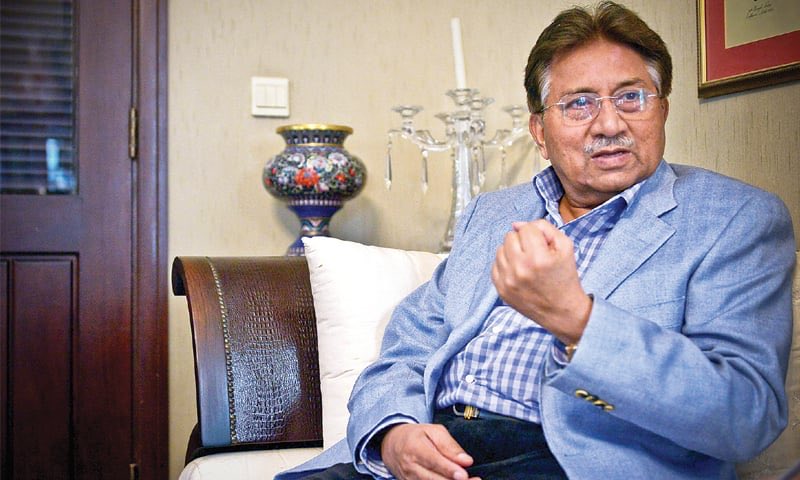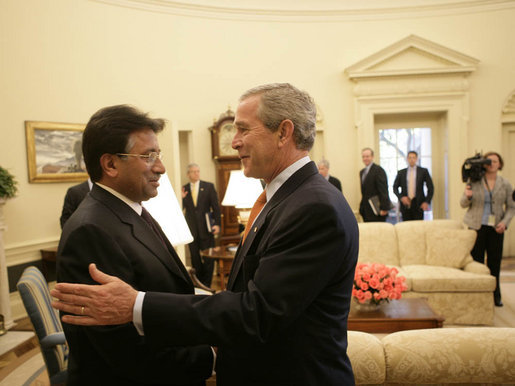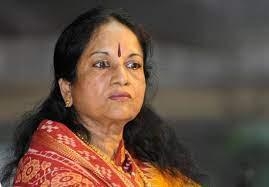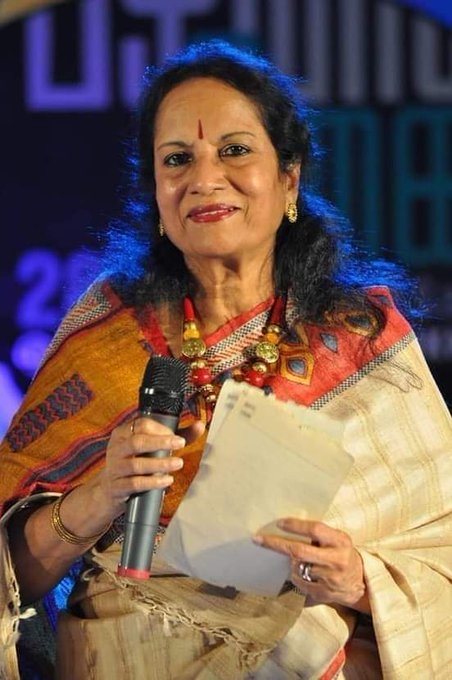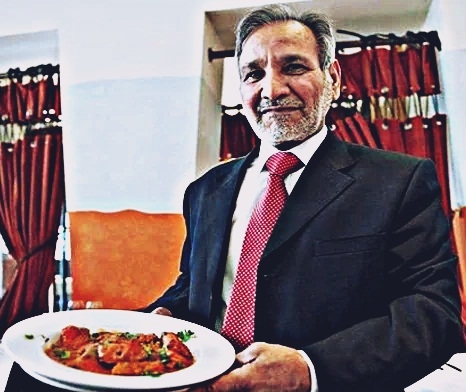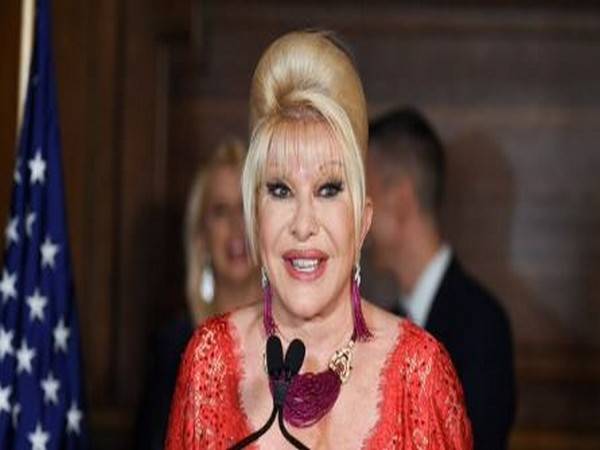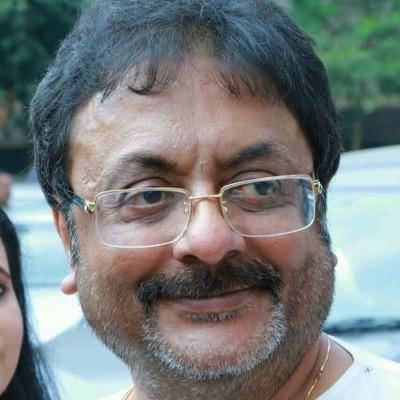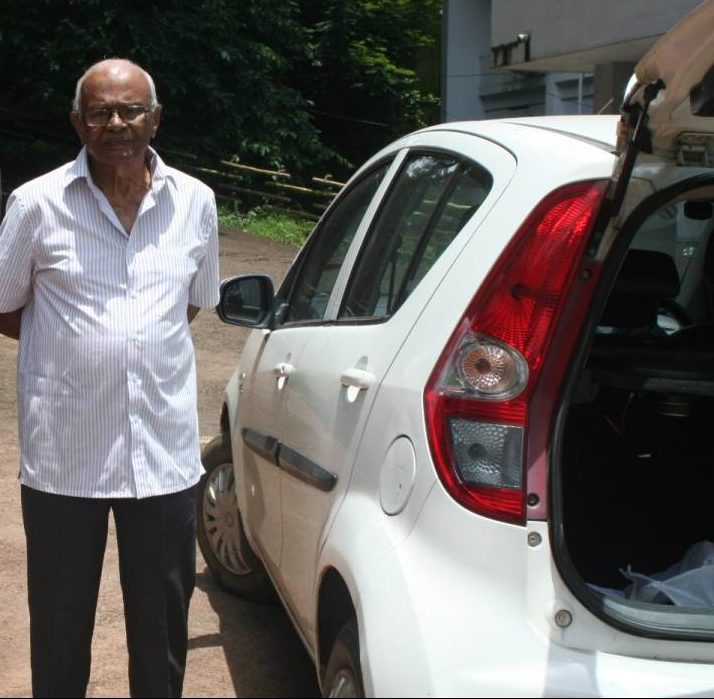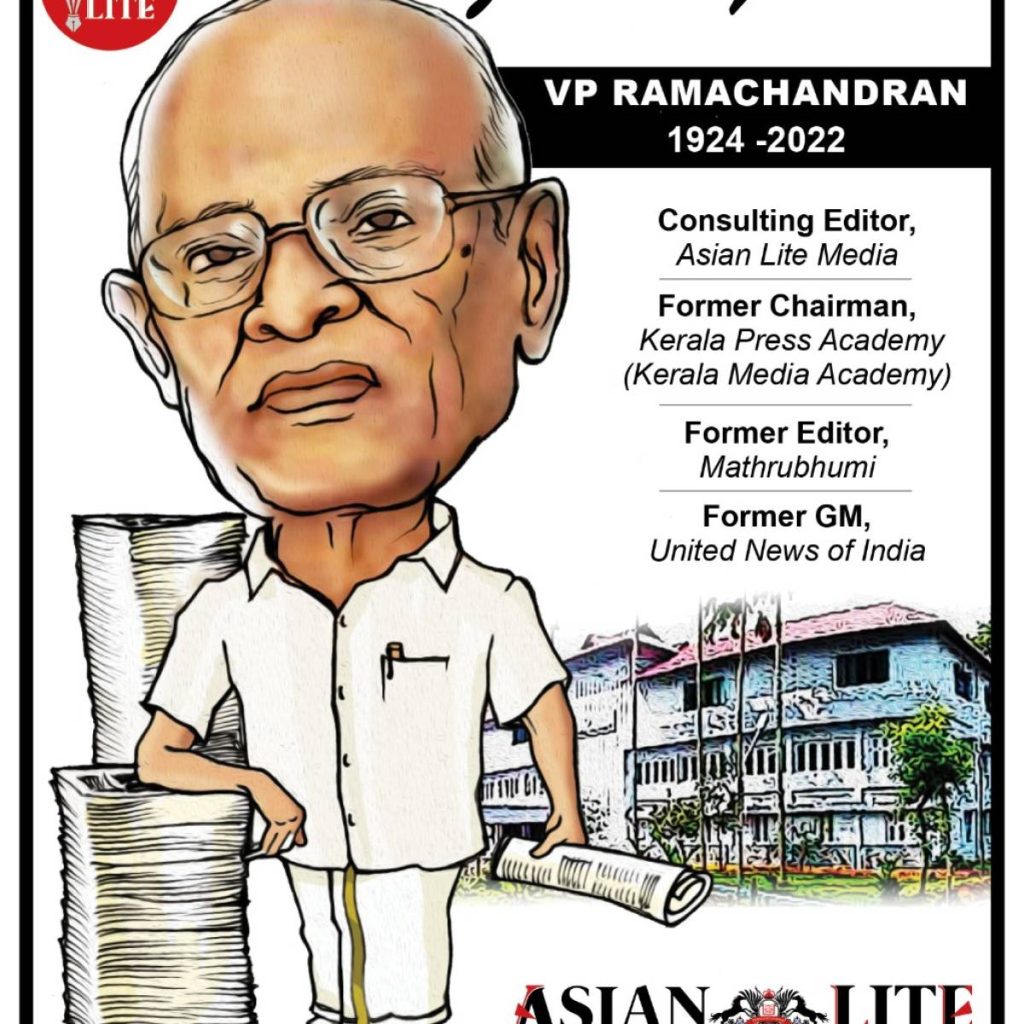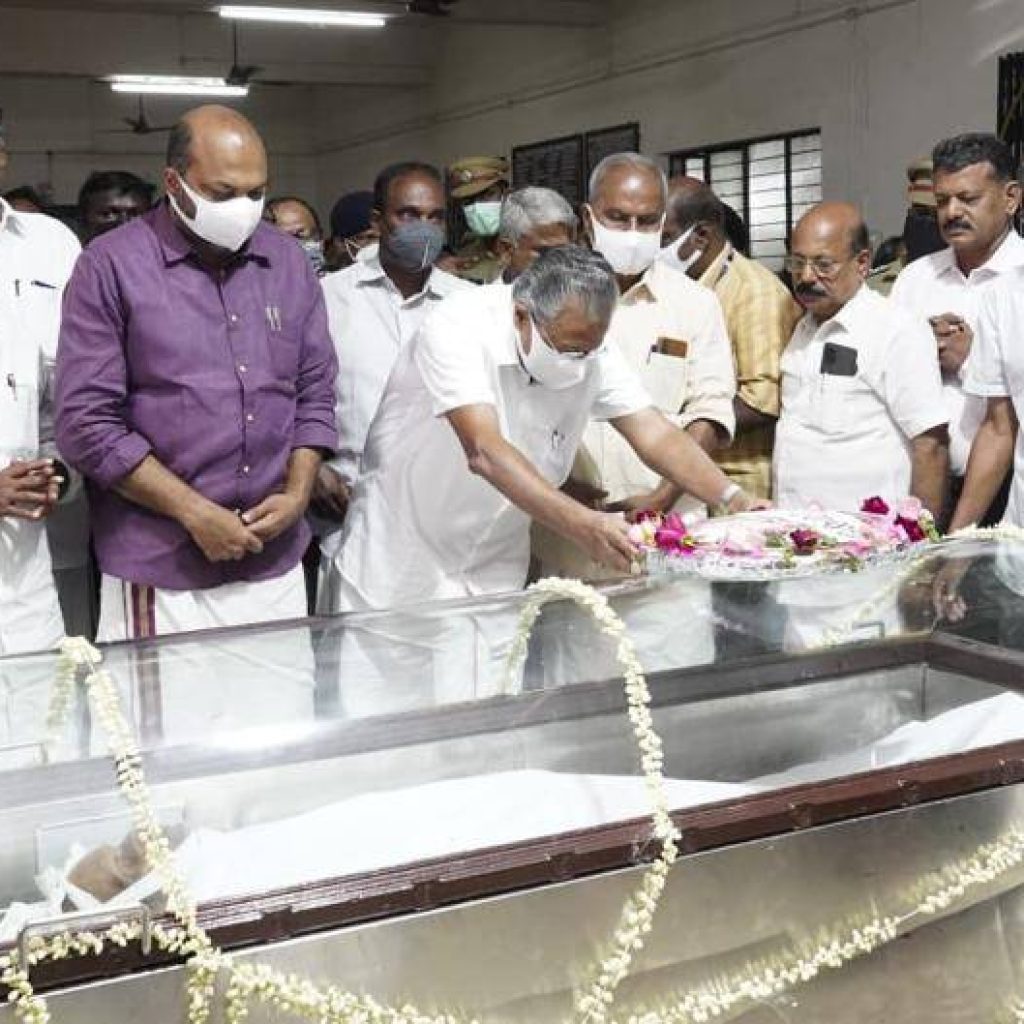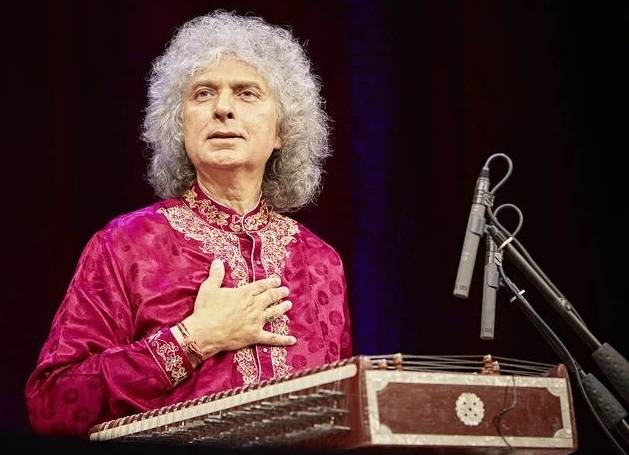Mamata Banerjee said the maestro’s death had impoverished our cultural world…reports Asian Lite News
Santoor maestro and music composer, Pandit Shivkumar Sharma, passed away after a cardiac arrest at the age of 84 in Mumbai on Tuesday, May 10. He had been suffering from kidney-related ailments for the last six months and was on dialysis.
The Jammu-born musician, who elevated the santoor, once a little-known musical instrument from Jammu and Kashmir, to its present exalted global status, will also be remembered for the music he composed with the flute legend, Pandit Hari Prasad Chaurasia, for films such as ‘Silsila’, ‘Lamhe’, ‘Chandni’ and ‘Darr’.
He is survived by wife Manorama and two sons, one of whom, Rahul Sharma, is also an accomplished santoor player.
Modi, Mamata mourn Sharma’s death
Prime Minister Narendra Modi and West Bengal Chief Minister Mamata Banerjee have mourned the death of santoor maestro Pandit Shivkumar Sharma, who passed away aged 84 after a cardiac arrest here on May 10.
“Our cultural world is poorer with the demise of Pandit Shivkumar Sharma Ji,” tweeted Prime Minister Modi.
“He popularised the santoor at a global level. His music will continue to enthral the coming generations. I fondly remember my interactions with him. Condolences to his family and admirers. Om Shanti,” the Prime Minister tweeted.
Mamata Banerjee said the maestro’s death had impoverished our cultural world.
She said: “Sad to know about the demise of Pandit Shiv Kumar Sharma, eminent Santoor player and internationally celebrated Indian music composer. His departure impoverishes our cultural world. My deepest condolences.”
Ghazal singer Pankaj Udhas wrote: “We have lost a gem today. Padma Vibhushan Shri Shiv Kumar Sharma ji Santoor virtuoso. A big loss to Indian classical music. May his soul rest in eternal peace Om Shanti.”
Sarod maestro Amjad Ali Khan said Pandit Shivkumar Sharma’s passing marked the end of an era.
“He was the pioneer of santoor and his contribution is unparalleled,” the ustad tweeted.
“For me, it’s a personal loss and I will miss him no end. May his soul rest in peace. His music lives on forever! Om Shanti,” he tweeted.
Iconic film music
The human tendency for arbitrary distinctions is immense, especially the sphere of culture. Take music, and its Indian tradition — why must we divide it into “classical” and “popular” (usually its film manifestation), when both use the same principles, the same scales, and the same instruments?
Or, in more concrete terms, some of the most famous exponents of the classical school are behind some of the most foot-tapping music of Bollywood — Pandit Shivkumar Sharma, for one.
The ace santoor player, who passed away on Tuesday (May 10), and flautist Pandit Hari Prasad Chaurasia had formed an abiding partnership, that, apart from their path-breaking ventures in their original field, fuelled a some of Bollywood’s biggest musical hits — from “Dekha ek khwab to silsile huye” to “O meri Chandni”, to “Jadu teri nazar” — in Yash Chopra productions.
Following the tradition of successful musical partnerships that began in Bollywood with Husnlal-Bhagatram, and which reached a pinnacle with Shankar-Jaikishan, and continued with Laxmikant-Pyarelal, Kalyanji-Anandji, and so on, Shiv-Hari, as they called themselves for this role, crafted music for eight films, four of which earned them Filmfare nominations for Best Music Director, though they were unlucky not to win even once.
They hit the big time right with their first venture — “Silsila” (1981), which earned them their first Filmfare nomination.
In this tale of love sacrificed, betrayed, and redeemed, the duo crafted some enchanting melodies — that ably complemented the stirring lyrics for a range of emotions — courtesy of Javed Akhtar, Hasan Kamaal, and Pandit Harivansh Rai Bachchan, rendered magnificently by Lata Mangeshkar and Kishore Kumar — and Amitabh Bachchan’s remarkable baritone too.
Be it the stirrings of love, engendered and reciprocated, in “Pahli-pahli baar dekha aisa jalva”, the mandatory ladies sangeet-inspired “Sar se sarke sarke chunariya”, the sombre “Neela aasmaan so gaya”, the haunting “Main aur meri tanhai/Yeh kahan aa gaye hain hum”, that quintessential Holi anthem “Rang barse bheegi chunariya re”, and the understated elegance of the romantic “Dekha ek khwab”, Shiv-Hari proved they had what it takes to deal with the complex potpourri of emotions and situations a Hindi film rolls out.
“Faasle” (1985), their second outing, bombed at the box office, and was savaged by critics for its poor story and pace. The only saving grace of an otherwise forgettable film was their music and the songs, penned by the redoubtable Shahryar, that still evoke some faint recollection among Hindi film music buffs.
“Vijay” (1988), despite its ensemble cast and Switzerland song settings, also did not make much waves though Shiv-Hari’s music was a redeeming factor as always.
It was “Chandni” (1989), however, that brought the duo — and romantic film music — back to topping the charts. Even now that effusive and unrestrained “Rang bhare baadal se” by Jolly Mukherji to the full-throated “Chandni, o meri Chandni” serves as a parameter of love at its most expressive.
The other songs also proved that the duo had lost none of their virtuosity — the playful wedding songs: “Mere haathon mein nau-nau chuudiyan” and “Main sasural nahi jaaungi”; the folkish “Tere mere honton pe”; and the sensual “Lagi aaj sawan ki”, among others.
They kept up their magic with “Lamhe”, where the rich cadences of the Rajasthani folk music tradition imbue their music, given the film’s setting. This can be seen most in “Mhaare Rajasthan ma”, and more memorably in “Morni baga ma bole” and “Megha re megha ee”.
They also weave rich rhythmic strains in “Yeh lamhe yeh pal” (both happy and sad versions, rendered superlatively by Hariharan), “Mohe Chhedo Naa” and “Yaad Nahin Bhool Gaya”.
1993 was the swan song year for the duo — with three releases: “Parampara”, “Sahibaan”, and “Darr” — but it was the last that stood out with its tale of a psychotic stalker, played by Shah Rukh Khan.
Right from the “Jaadu teri nazar”, with Udit Narayan at his most expansive, voice-wise, that is, to the “Tu mere saamne”, the slightly risque “Darwaza band karlo”, Yash Chopra’s obligatory Punjabi-inspired “Ishq da bura rog”, and the equally obligatory Holi number “Ang se ang lagana”, they proved that the duo could generate the strains to sway a new generation.
Sadly, this was their last outing in Bollywood — and now with Pandit Shivkumar Sharma’s demise, there is no prospect of any more — at least in this world.
ALSO READ-Actor-Politician Ambareesh fondly remembered


